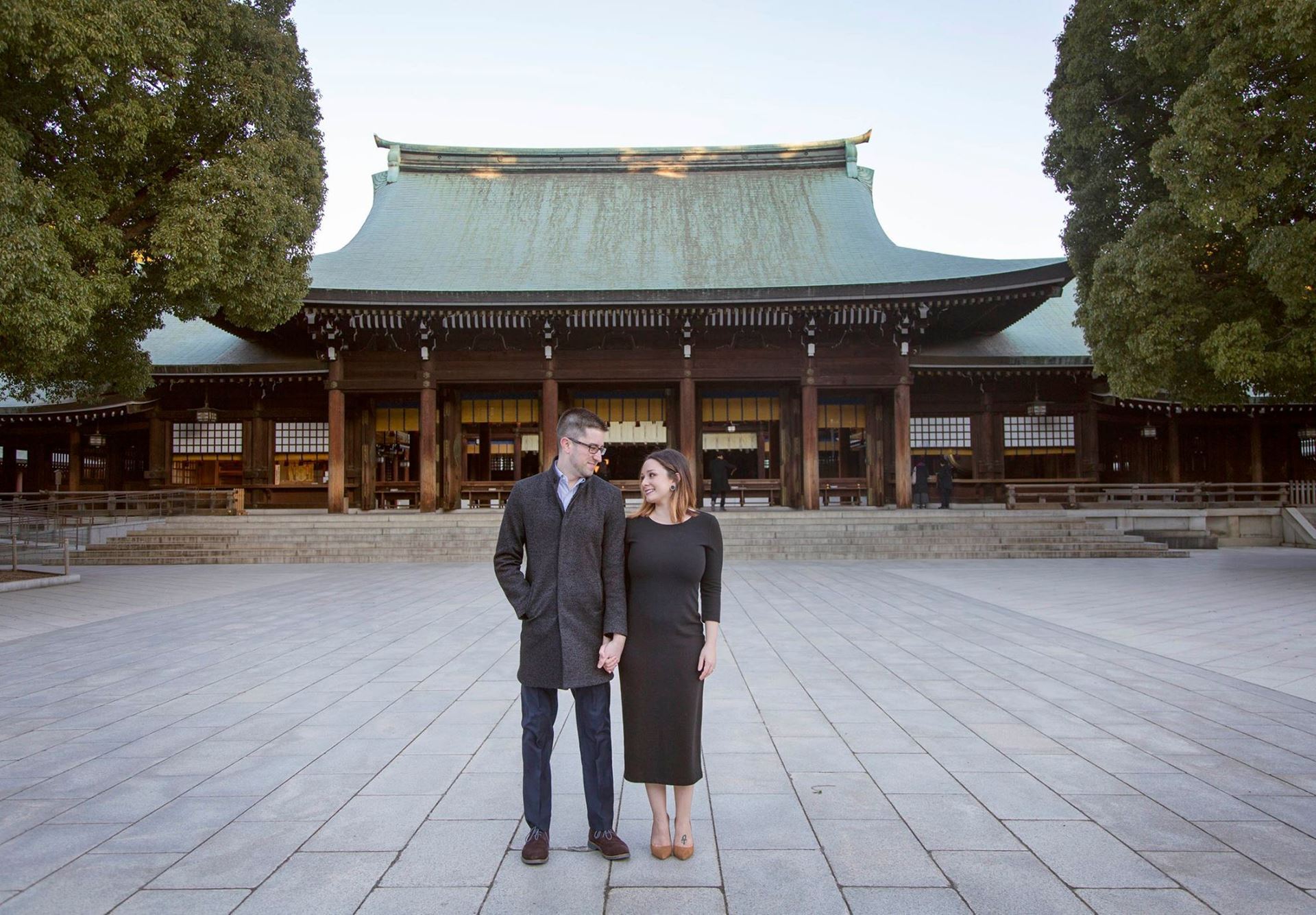As part of our FIGT Focus on Career, FIGT member Petra Canan Trudell shares how living internationally caused her to build a career better than she could have imagined.
.jpg) By Petra Canan Trudell
By Petra Canan Trudell
We all dream of the day we’ll start our first “big kid” job. That first opportunity to showcase our talents and start building a career—and a life—we can be proud of. The culmination of so many years of study and training.
But what if that first opportunity doesn’t come? Or if it does, what if it doesn’t last very long?
For me, graduating into a recession and an industry in freefall made it all that harder to land a role that made me feel like a real adult with real responsibilities. And once I did, I never would have predicted that in less than two years, I would walk away from all of it.

As a kid, I only ever wanted to be one thing: a journalist. I grew up watching the nightly news with my parents, soaking in every local and national story. My first hero was pioneering female investigative reporter Nellie Bly and it’s safe to say my first love was Peter Jennings of ABC World News Tonight. I imitated Barbara Walters in my bedroom mirror and wrote for my student newspapers from elementary school through college.
But on the day of my graduation in 2009 from Michigan State University—home to one of the top five journalism schools in the U.S.—I had zero job prospects and fewer plans. In the year and a half that followed, I bounced from city to city and internship to internship hearing the same line: “You’re amazing, but we don’t have any money to hire you.”
So I moved back to my home state and took a copywriting job, determined to keep writing until something I really wanted came along. And in no time at all, I fell into a comfortable routine. I had a salary and eventually a team of my own to manage. I was finally on a more set path, until an opportunity came along that my new husband and I couldn’t pass up: the chance to move from Detroit, Michigan to Tokyo for a promotion my husband was offered. A fellow journalist, the chance to report from abroad was a dream to come true for him. I was so proud and, if I’m being honest, more than a little jealous.

Given that my current role wasn’t the one I’d hoped for anyway, the decision to leave was easy, at least at first. I never could have predicted how difficult the transition would be going from working full time—sometimes multiple jobs at the same time—to having nearly nothing to do all day. With no Japanese language skills, I didn’t have a clue what opportunities did or didn’t lay ahead of me in our new home and the pressure quickly overwhelmed me. I spent much of our first year in Japan working through a bout of depression that kept me mostly shut away in our small apartment, insisting to everyone back home I was perfectly fine.
I felt my identity—the one I’d dreamt up and worked for ever since I was a little girl watching news magazines on Friday nights—had been stripped away, leaving behind a smiling, nodding “trailing spouse.” I was at the beginning of my career, but the moment I collected my visa marked “Dependent” it already felt over.
Thankfully, I met some amazing women who not only understood the identity crisis I found myself in at only 27 years old, but who extended lifeline after lifeline and opportunity after opportunity wherever they could. One introduction led to another and eventually I found a full-time schedule of contract work for multiple clients, which ended up being the perfect fit. I loved the freedom of managing my own time but also felt I was contributing equally to our household. I ended up building an ideal work-life balance that fulfilled me professionally and personally.

But in the three moves that have followed, detaching my identity from my work is something I still struggle with. Especially as a woman, we fight so hard for a place at the table, that to get up and leave it—voluntarily or not—feels terrifying and almost ludicrous. The majority of people who fall under the label “trailing spouse” are women and at times it can feel like we’re constantly fighting against stereotypes like being “kept,” or having our achievements glossed over when standing next to our spouses.
But the work we do—in whatever form it takes—matters.
While I was proud of the work I did in Japan professionally, I was most proud of the confidence I gained in myself throughout my three years living there. I was thankful for the opportunity to forge my own path and glad I decided not to let myself, my talents and everything I’d worked for fade into the background. Now on my second international assignment, I feel better prepared to advocate for myself and make the connections necessary to keep my career moving forward, however nontraditional it may be.
It’s not the career path I dreamt of, but in a lot of ways it’s better than anything I could have imagined.

